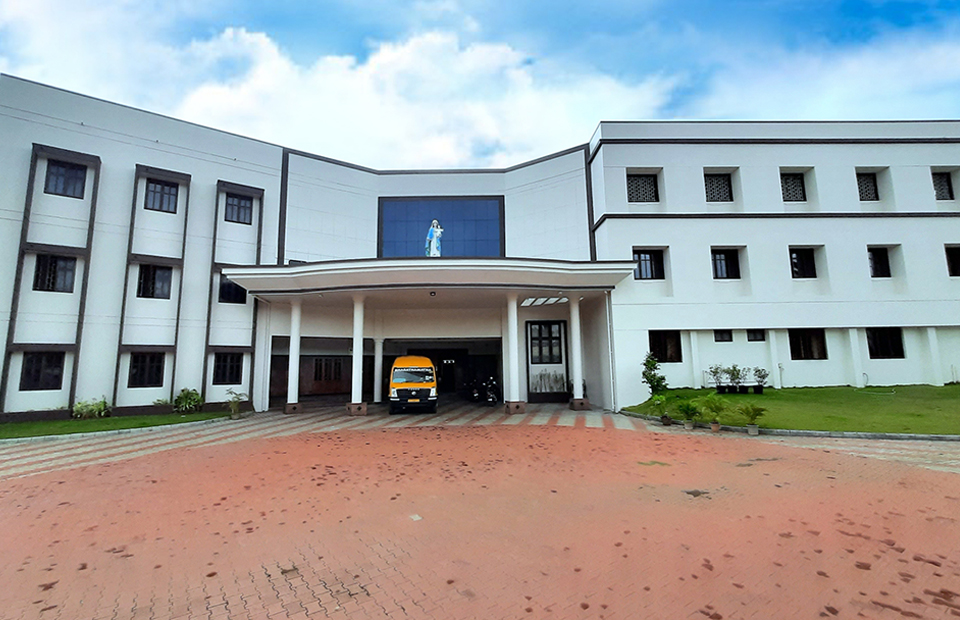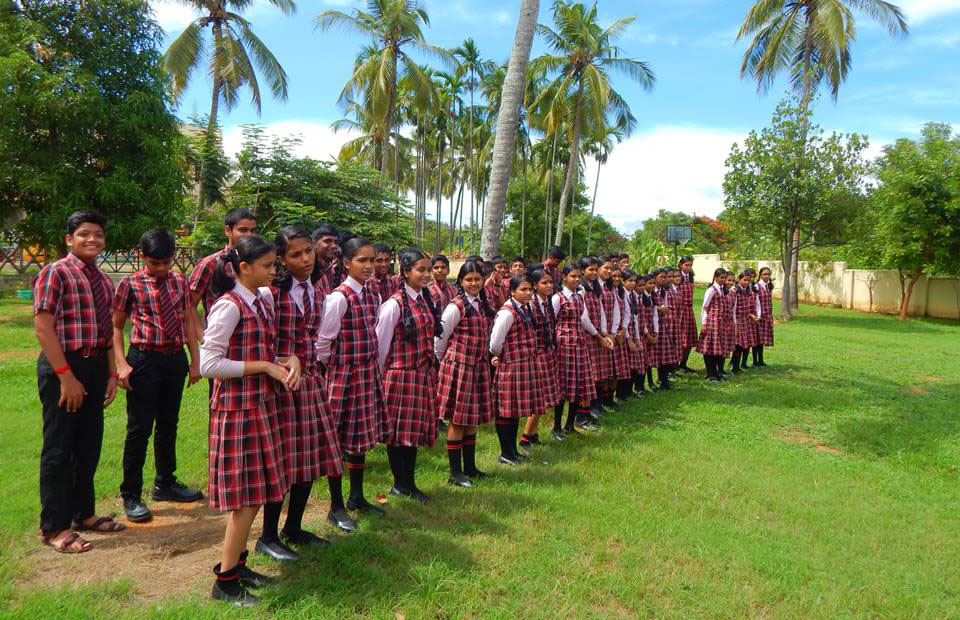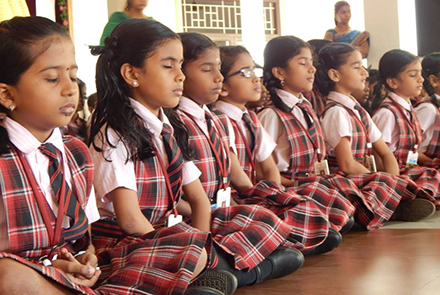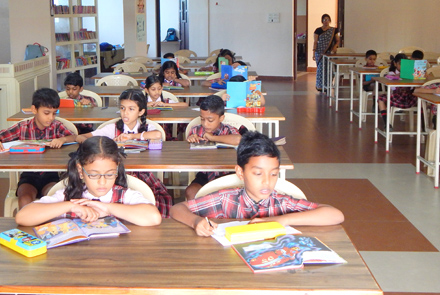Bharathamatha CMI School

The C.M.I Vision of Education
The scope of education is not merely to provide information and technical skills for certain specific tasks, but for the overall development of the individual. Students today are exposed to radical changes in outlook and life style, enjoy the convenience of post modernism, and are vested with power and knowledge. But they are not capable of ordering or prioritising what they have learned and they lack religious and moral points of reference.
Hence our school and other educational institutions should vigorously pursue the goal of the all-round development of the students and of the society at large. They are committed to offer students the opportunity of growing in faith and accepting the principles of truth, charity and hope. So our educational institutions should not merely be a place for giving instruction to help the students to pass examinations, but a centre illumined by the Gospel message fully attentive to the needs and aspirations of young minds.
The C.M.I Education Policy Statement
We, the Carmelities of immaculate after the example of our founder, St.Kuriakose Elias Chavara, consider education as an integral formation of the human person for the fulfilment of his/her individual social responsibilities.
The education imparted is characterized by thoroughness, high principles and a freedom, which helps the students to grow in responsibility, self-reliance and the ability to make wise decision. The pursuit of excellence according to each one’s potential is of paramount importance.
The secret of the success of our educational institutions is a community of teachers who are committed to their vocation, professionally competent, morally upright, just and human in dealing, and who grow in the true vision of education.
We aspire towards creating a just and human society where dignity of an individual is respected, where unjust social structures are challenged, where our cultural heritage of ahimsa, religious harmony and national integration is upheld and where the poor and the marginalized are specially taken care of.

We have to reach out to the families, primarily of the students, to assist them in their needs, to share their joys and sorrows and to help them to experience love and freedom, so that the students realize that our educational institutions are an extension of their homes.
Our institutions are open to all students irrespective of caste and creed. They are accepted and cherished as they are helped to grow in their culture, social and religious tradition. As they will also have the right to get acquainted with the person of Jesus Christ and His Gospel. As the institutions are being established by and for a minority community based on religion, they will give preference to Christians in admissions and appointments and have a special concern for the faith formation of Christian youth.
Our institutions have to be open to society and the world at large by making their resources available for the on-going education and non-formal teaching.



